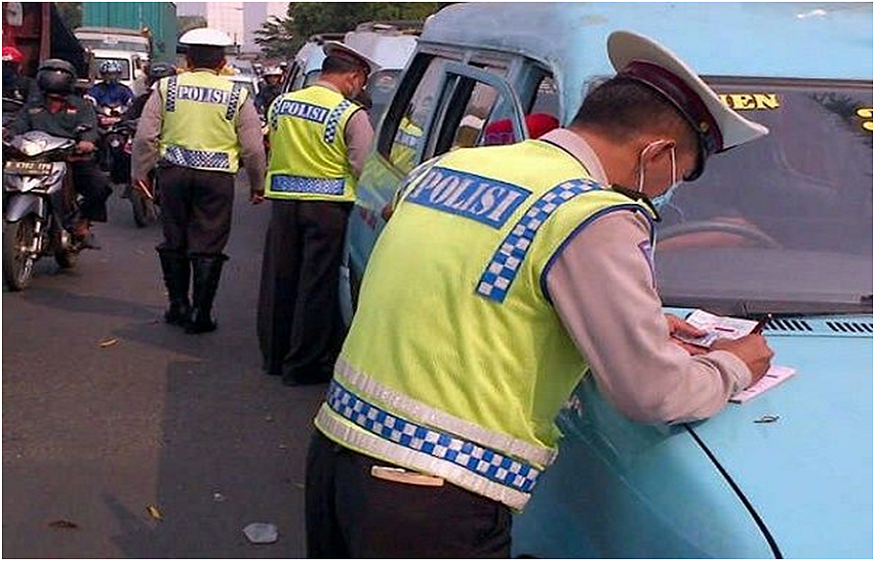Managing traffic flow during construction projects is more than just holding a stop sign. It’s a delicate dance between safety, coordination, and public awareness. Every construction site near or on a roadway needs a strategy to minimize hazards for both workers and drivers. That’s where a professional traffic flagger comes in—an often-overlooked but critical role. These trained individuals help maintain order, ensure safety, and allow work to continue smoothly without unnecessary delays or accidents.
Trained for Complex On-Site Situations
Professional flaggers are not just standing at the roadside waving drivers along. They undergo specific training that prepares them for unpredictable and often dangerous conditions. They learn to handle high-stress situations, make quick decisions, and communicate clearly with both workers and motorists. This training allows them to react fast when something goes wrong, whether it’s a driver ignoring directions or an emergency vehicle approaching. Their presence brings a sense of preparedness and calm to the site.
Reducing Risks with a Certified Traffic Flagger
A traffic flagger is a certified expert responsible for managing the safe movement of vehicles and pedestrians through and around construction zones. Their main goal is to protect everyone—workers, drivers, and pedestrians alike. By using standardized signals and communication, they control access, reduce confusion, and prevent dangerous misunderstandings. Hiring a certified traffic flagger significantly reduces the risk of accidents, injuries, and costly legal consequences for construction companies.
Maintaining Workflow Without Interruption
Construction work often runs on tight schedules and deadlines. When vehicles aren’t properly managed around a site, work can stall or slow to a crawl. Professional traffic flaggers keep the pace moving. They coordinate entry and exit points, monitor peak traffic hours, and adjust flow as needed. This minimizes delays not just for the construction crew but also for commuters and delivery drivers trying to get through the area. The smoother the traffic, the quicker the work gets done.
A Traffic Flagger Enhances Public Trust and Cooperation
Having a traffic flagger present sends a clear message to the public: safety matters here. When drivers see a professional in high-visibility gear giving clear, confident instructions, they’re more likely to follow the rules and respect the work zone. This cooperation is critical in high-traffic areas where frustration can turn into aggression.
Supporting Emergency Response and Site Communication
Emergencies don’t wait for the end of the workday. When something urgent happens, a professional flagger knows how to react. They can communicate quickly with the crew, law enforcement, or medical personnel to clear paths or stop work immediately. Their radios, signals, and training allow for rapid response. Even during non-emergency moments, traffic flaggers act as a communication bridge between parts of the site, helping to relay updates and safety concerns.
Compliance with Legal and Regulatory Standards
Many municipalities require certified traffic control personnel on certain types of road work. A professional traffic flagger ensures that your project stays in compliance with local, state, or national safety regulations. Not only does this avoid potential fines, but it also demonstrates a commitment to best practices. Inspectors and city officials are more likely to support and approve projects that show a clear focus on safety from day one.
Conclusion
Construction zones are busy, noisy, and potentially hazardous spaces. Without someone guiding the flow of vehicles and people, things can quickly become chaotic. A professional traffic flagger brings calm, order, and safety to that environment. From reducing risks and keeping work on schedule to improving public trust and meeting legal standards, their role is essential.

